From a newspaper whose content was organized and printed abroad and then secretly transferred back to the country, the revolutionary press has continuously grown and developed along with the revolutionary movement under the leadership of the Communist Party of Vietnam , becoming a press system with diverse forms, rich in content, increasingly modern in technology, meeting domestic needs better and better, and its influence is increasingly expanding and rising internationally. The Vietnamese revolutionary press has left brilliant marks in its 100-year history of construction and development.
Source: qdnd.vn |
1. In issue 1 of Thanh Nien Newspaper , it was pointed out that: "To lead the people to a great cause, there must be leadership. That leadership does not come from just a few people, but is born from the combined efforts of thousands, tens of thousands of people... If you want those thousands, tens of thousands of people to unite closely with each other, they must have the same will, they must pursue the same goal, only then will there be unity."
The birth of Thanh Nien Newspaper and the entire revolutionary press that was born from it, was to contribute to creating "the synergy of thousands and tens of thousands of people", making "thousands and tens of thousands" of Vietnamese people have "the same will", "pursue the same goal". That will is national pride, determined not to lose the country, determined not to accept being slaves to foreign invaders, that goal is to drive out colonialists and imperialists, overthrow reactionary feudalism, gain independence and freedom for the nation, and bring prosperity and happiness to the people.
During the development process over the past 100 years, the Vietnamese revolutionary press has been loyal to its original goals and objectives, becoming a sharp weapon, accompanying the nation in the arduous and sacrificial struggles to overthrow the domination of French colonialism, to drive out the powerful invading armies of the Japanese, French and American empires, for the independence and freedom of the Fatherland, as well as in the work of building and developing the country for the happiness of the people, creating glorious and proud pages of history.
In extremely difficult and harsh circumstances under the rule of the police apparatus, the French colonial secret service colluding with the reactionary feudalism, or in the two long and arduous resistance wars against the invading French colonialists, the American imperialists and the puppet government, for the independence and freedom of the Fatherland, the revolutionary press became a weapon of war, a "tool for propaganda, agitation, organization and leadership" of the Party's revolution, as President Ho Chi Minh affirmed. Those were the years when the revolutionary cause was still in its infancy, Thanh Nien Newspaper and Red Magazine were founded and published by leader Nguyen Ai Quoc from abroad, secretly transferred to the country. Each rudimentary and few newspapers and magazines that overcame the barriers of French secret police, police and even lackey informants to return to the country, to reach patriots, cadres and party members, was truly a revolutionary proclamation of extremely valuable significance.
The Director of the Indochina Secret Service, Louis Marty, commented in a report to the French Colonial Ministry, thereby showing that the French colonial government clearly understood and highly appreciated the ideological power of Thanh Nien Newspaper : “The first Thanh Nien newspapers emphasized internal solidarity, thanks to which the organization had strength and the individuals in the organization worked more effectively. At the same time, the newspaper also encouraged the spirit of national independence and patriotism that the Vietnamese people at that time were eagerly waiting for the opportunity to demonstrate. After that, the newspaper helped readers assess the world situation, especially the recent changes in the history of the great powers... The newspaper gradually guided everyone to understand that currently in the world there was Russia under the Soviet regime, the people in that Soviet country lived freely and happily. Nguyen Ai Quoc, the editor-in-chief of Thanh Nien Newspaper, showed patience throughout the first 60 issues to prepare readers mentally and emotionally, and then finally publicly expressed his policy: Only Only the Communist Party can bring happiness to the Vietnamese people."
During the period from 1925 to before the birth of the Communist Party of Vietnam, many newspapers were secretly published in the country such as: Hammer and Sickle, Communist Flag, Nhan Loai ; local newspapers: Sao Do in Hai Phong, Mo Than in Hong Quang, Tia Sang in Nam Dinh, Bon So Vich in Central Vietnam... and some other newspapers published abroad such as Cong Nong, Linh Cach Menh, Dong Thanh, Than Ai ... Along with Thanh Nien Newspaper , revolutionary publications and newspapers during this period made important contributions to spreading revolutionary ideology, educating patriotism, training cadres, and preparing for the birth of the Communist Party of Vietnam.
During the period 1930-1939, especially from 1936 when the Popular Front won the election to power in France until 1939, newspapers of the Party's organizations were published in all localities and regions throughout the country, including Le Travail, Notre voix, Tin tuc, Doi nay... in the North ; La Lutte, L'Anvant garde, Dan chung ... in the South and Nhanh lua, Dan ... in the Central region. This was the period when the revolutionary press under the leadership of the Party operated openly and semi-openly, expanding its influence in society, launching many rich forms of struggle, preparing forces for the 1941-1945 revolutionary movement leading to victory in the August Revolution.
During the period from 1941 to 1945, leader Nguyen Ai Quoc returned to the country to directly lead the revolution and directed the publication of the newspaper Vietnam Independence . Along with Vietnam Independence , many other newspapers such as: Liberation, National Salvation, Liberation Flag, Communist Magazine, Labor, Breaking Chains ... were published, meeting the requirements of preparing for the General Uprising. Press agencies such as: Truth, People, Pioneer, Literature and Arts, Golden Star, Labor, People's Army, People of the South, Voice of Vietnam, Voice of the South ... became a system of means serving the work of political and ideological education, directing and organizing the implementation of combat and production tasks in the resistance war against French colonialism.
In particular, during the Dien Bien Phu Campaign, the People's Army Newspaper was organized to be edited and published right at the campaign headquarters in Muong Phang. 33 issues, from No. 116 to No. 148, published from December 28, 1953 to May 16, 1954, were distributed to each platoon, becoming treasures in the midst of the fiery battlefield, conveying the political determination and timely encouragement of Uncle Ho, the Party Central Committee, General Commander-in-Chief Vo Nguyen Giap and the campaign command, encouraging and praising the brave fighting spirit of cadres and soldiers of the army units right in the trenches.
During the resistance war against the US to save the country, the "liberation" press such as: Liberation Army, Liberation Literature and Arts, Liberation Women, Liberation Radio ... were the main and important sources of information, propaganda, mobilization and leadership tools of the Southern revolution.
After the Geneva Agreement of 1954, the North was liberated and entered the construction of socialism. Under the leadership of the Party, the press system developed rapidly. By 1962, in the North, there were more than 1,500 journalists working in about 120 press agencies of all kinds. After August 5, 1964, the US imperialists launched a destructive war. In fact, the press in the North also went through harsh challenges to maintain its role as a bridge between the Party, the State and the People, serving the task of both fighting and producing, being the front line against the bombing war, and being the rear base for the Southern front. Many revolutionary movements of the masses were launched, making great contributions to the successful implementation of political tasks under the direction and leadership of the Party. These were the movements: Thanh nien ba san sua; Phu nu ba dung dang; Song Duyen Hai; Gio Dai Phong; Co ba nhat; Ke suoc nho; Xe chua qua, nha khong; Not a single pound of rice was missing, not a single soldier was missing... Many examples of good people and good deeds have become outstanding examples, encouraging cadres, soldiers, and people of all walks of life in labor and combat. They are Nguyen Viet Xuan - "Aim straight at the enemy and shoot"; Le Ma Luong - "The most beautiful life is on the front line fighting the enemy!"; many heroic and brave examples have been portrayed and honored, becoming beautiful flowers in the country's flower garden, examples for everyone to follow.
It can be affirmed that, in every period of revolutionary struggle, in every condition and social environment, the revolutionary press has always been present at the forefront of the Party's ideological front, propagating Marxism-Leninism, awakening the masses in the struggle, or propagating the Party's guidelines and policies, the Government's policies, mobilizing the people to carry out political tasks, bringing about great victories in the revolutionary struggle for independence, freedom, national unification and defense of the Fatherland.
President Ho Chi Minh with journalists at the 3rd Congress of the Vietnam Journalists Association, 1962. Source: Vietnam Press Museum |
2. In the process of building socialism after the country's reunification in 1975, the revolutionary press truly played the role of a bridge between the Party, the State and the People; a tool for leading and organizing the implementation of goals and strategies; a weapon for fighting against corruption, waste and negativity; a weapon for political and ideological struggle, protecting the Party, the State, the people and the regime. In any field or strategic task, the press has made great contributions, leaving indelible marks.
During the process of exploring the path and method of organizing production, developing the economy, and building socialism in the context of a country that had just emerged from a devastating 30-year war, still struggling with countless consequences of war, the press became a responsible voice, promptly monitoring and reflecting each initiative and creative approach of local people, promptly providing the Party Central Committee with a panoramic picture of the whole country, the people's thoughts, aspirations and opinions on necessary policies to restore and develop production and stabilize people's lives.
It can be said that the two campaigns to innovate market management of “price - wage - money” and improve agricultural production management are the two campaigns that most clearly and uniquely demonstrate the role of the press as a bridge between the Party’s will and the people’s heart, and as a source of providing extremely valuable practical foundations for the Party’s creative policies in economic development. A series of articles, radio and television programs on the common theme: Eliminating the subsidy bureaucracy mechanism, shifting to socialist business accounting, have shown daily and hourly the movements in practice towards innovation. Bright spots in production, business, and market management from localities are also gradually converging in a common vector of movement towards innovation.
In particular, the information and propaganda on contracting in agricultural production has made a strong impression on the contribution of the national press system. From the contracting method in Directive 100 of the Secretariat in 1981 to the contracting in Resolution 10 of the Politburo in 1988, it has opened up the miraculous development of Vietnamese agriculture in the past 40 years. Speaking of the achievements in the development of Vietnamese agriculture, it is impossible not to mention the works and press products reflecting the discoveries on the method of organizing production by product contracting and household contracting in some localities, which have brought about positive results in practice; reflecting the people's desire to develop agricultural production to improve their own lives and contribute to solving the common difficulties of society regarding the serious food shortage.
These are the "underground contracting" models in Do Son, Hai Phong; household contracting in Vinh Lac and Lam Thao districts of Vinh Phu. With the simultaneous launch of many press agencies, demonstrating the mettle, passion for the profession, and honesty, daring to think, daring to do, accepting difficulties and complexities of a class of journalists with "bright eyes, pure hearts, sharp pens", the press has greatly contributed to creating positive economic changes, contributing to the formation of a new way of thinking in economic and social life "looking straight at the truth, reflecting the truth", and from there, a new concept was born in our country's politics, the concept of "Innovation".
The process of constantly renewing awareness of socialism, perfecting guidelines, policies and strategies on socio-economic development in the 40 years of implementing the Party's Doi Moi policy is inseparable from the role of the Vietnamese press system as a bridge between the Party, the State and the People, the role of participating in planning, criticizing and organizing the implementation of guidelines, policies and strategies to build and develop the country and protect the Fatherland. That role is demonstrated through the press's policy communication campaigns, explaining and analyzing scientific and practical bases, creating consensus, unanimous support and determination to implement among the majority of people and economic and social organizations. That role is demonstrated through the timely reflection of advanced models, good experiences, and good lessons of individuals, units and localities, opening up the possibility of disseminating, popularizing and realizing experiences and lessons for socio-economic development nationwide.
In the cause of building the country and defending the Fatherland in times of peace, the press is a bridge between Vietnam and the world, contributing to spreading national cultural values to the world; at the same time, exchanging and selectively absorbing the cultural quintessence of nations around the world. With the rapid development of the traditional press system, especially the stormy development of information technology and the opening of the internet connection in our country since 1997, our press and media have integrated globally very quickly, becoming a closely associated part of the global media network. From the time when Vietnamese people had to wait for several days, then several hours to know about major events in the world, we have shortened it to just a few seconds.
Thanks to the press and media, our people have been able to receive the cultural values of the world, thereby selectively absorbing the good things that are suitable for our national culture. Also through the press and media, the whole world knows about the great achievements of the Renovation process, the humane, friendly and civilized cultural values of our people, about the ancient citadel of Thang Long, the ancient capital of Hue, Son Doong cave, Ha Long bay, Trang An culture, the culture of the Mekong Delta... enhancing soft power, creating conditions to support the development of diplomatic and economic relations with countries around the world.
In the extremely complicated world political environment after the collapse of the socialist system in the Soviet Union and Eastern Europe, the political and ideological struggle to protect the Party, protect Marxism-Leninism, Ho Chi Minh Thought and the Party's ideological foundation, protect the Party, the State, protect the regime and socialist orientation became extremely complicated. Hostile forces took advantage of the failure of the Soviet socialist realism model to attack Marxism-Leninism, distort and criticize the lawfulness of the path to socialism, and attack countries following the path of building socialism. The press became an extremely important weapon of political and ideological struggle, with great power in exposing and naming the sinister plots, slanders, and absurd and unrealistic distortions of reactionary forces against the Party, the State, the socialist regime, the cause of building socialism, and protecting the socialist Fatherland.
In the country, the press and media are sharp and powerful weapons in the fight against corruption, waste and negativity. According to many published documents, more than 70% of corruption, waste and negativity cases are discovered by the press system, providing convincing evidence, as clues for responsible State agencies to intervene, investigate and handle. There are cases that only originate from a small news report about a local leader using a car that does not meet prescribed standards, leading to a major negative case, affecting many agencies and units from the central to local levels. In detecting signs and clues of corruption, waste and negativity cases, the people play a direct role in providing information to the press. However, press agencies must investigate, learn and be responsible for the accuracy of the information, so the contribution of the press is very large.
Not only does the press detect most cases of corruption, waste, and negativity, it also follows the entire process of handling the cases, promptly informing about the situation, the level, and the way of handling them, creating widespread public opinion, contributing to promoting the final resolution of the cases. With this activity, the press becomes a monitoring and warning tool, making an important contribution to the task of building the Party, building a clean and strong State, consolidating the people's trust in the Party and State, and the people's love and sense of responsibility for the regime and the nation.
Two newspapers “National Defense Army” and “Guerrilla Army” - the predecessors of the People's Army Newspaper. Source: qdnd.vn |
3. In the 100-year history of Vietnam's revolutionary press, the team of journalists are truly "revolutionary soldiers" who use "pen and paper as sharp weapons" to "serve the people, serve the revolution" as President Ho Chi Minh instructed. Uncle Ho was the one who gave birth to the Vietnamese revolutionary press. He considered journalism as a "fate", directly organized the activities of dozens of newspapers and wrote for newspapers throughout his revolutionary life with "only one "topic": Fighting against colonialism and imperialism, fighting against feudal landlords, propagating for national independence and socialism". He was the number 1 revolutionary journalist of the Vietnamese press, a talented, serious, and tireless creative writer. He was also a true press leader, a teacher of many revolutionary journalists. He left behind a huge, invaluable legacy of newspapers, journalistic works and thoughts on revolutionary journalism.
Along with leader Nguyen Ai Quoc - Ho Chi Minh, many revolutionary soldiers, leaders of the Party and State were journalists, organizers of press activities serving the revolution steadfastly and creatively during the period of national and democratic revolution such as: Nguyen Van Cu, Ha Huy Tap, Le Duan, Truong Chinh, Vo Nguyen Giap, Nguyen Van Linh, Nguyen Van Tao, Phan Dang Luu, Xuan Thuy, Duong Bach Mai, Huynh Tan Phat, Hai Trieu, Tran Van Giau, Tran Huy Lieu...
Many journalists fell during the revolutionary war, dedicating their lives to the independence and freedom of the nation and the happiness of the people. They were journalists: Tran Kim Xuyen, Nguyen Van Nguyen, Duong Tu Giang, Tran Dang, Nam Cao, Tran Mai Ninh, Tham Tam, Thoi Huu, Le Anh Xuan, Le Doan, Duong Thi Xuan Quy, Chu Cam Phong... They were also nearly 500 martyr journalists, journalists in different positions, who sacrificed their lives in colonial and imperialist prisons, in the trenches or while performing their duties on silent fronts.
Even in peacetime, many journalists have accepted challenges, faced dangers to their lives to investigate and uncover wrongdoings and corruption in social life, to protect the purity of social life, the strictness of laws and discipline, and to protect the purity and strength of the political system and the socialist regime. Many journalists have made outstanding contributions to the cause of national construction and defense, and have become Labor Heroes and National Emulation Fighters.
The creative work, dedication to the profession, tireless struggle, and acceptance of sacrifice for the revolutionary ideal of journalists in the past 100 years of revolutionary journalism history have become a bright mark in the common history of the nation, becoming a shining example for generations of journalists and media workers to learn and follow.
100 years of accompanying the nation, experiencing many difficulties and harsh challenges, the revolutionary press is not only a historical witness, but also a real bridge between the Party and the people; a sharp weapon in the struggle for national independence and freedom; an effective tool for the cause of national construction and development; an inseparable part of the entire revolutionary cause under the leadership of the Party. President Ho Chi Minh and generations of revolutionary journalists have worked hard and created, with their sweat, effort and even blood to write the glorious history of revolutionary journalism, a fighting journalism, full of humanity and Vietnamese identity; leaving us with extremely valuable lessons. That is the extremely valuable capital and luggage for the Vietnamese press to continue walking with the nation, with the country, to continue writing successes in the new era of development - the era of national growth.
Professor, Dr. TA NGOC TAN, Permanent Vice President of the Central Theoretical Council
According to Nhan Dan
Source: https://baoangiang.com.vn/100-nam-bao-chi-cach-mang-vu-khi-sac-ben-trong-dau-tranh-va-xay-dung-duoi-su-lanh-dao-cua-dang-a422371.html


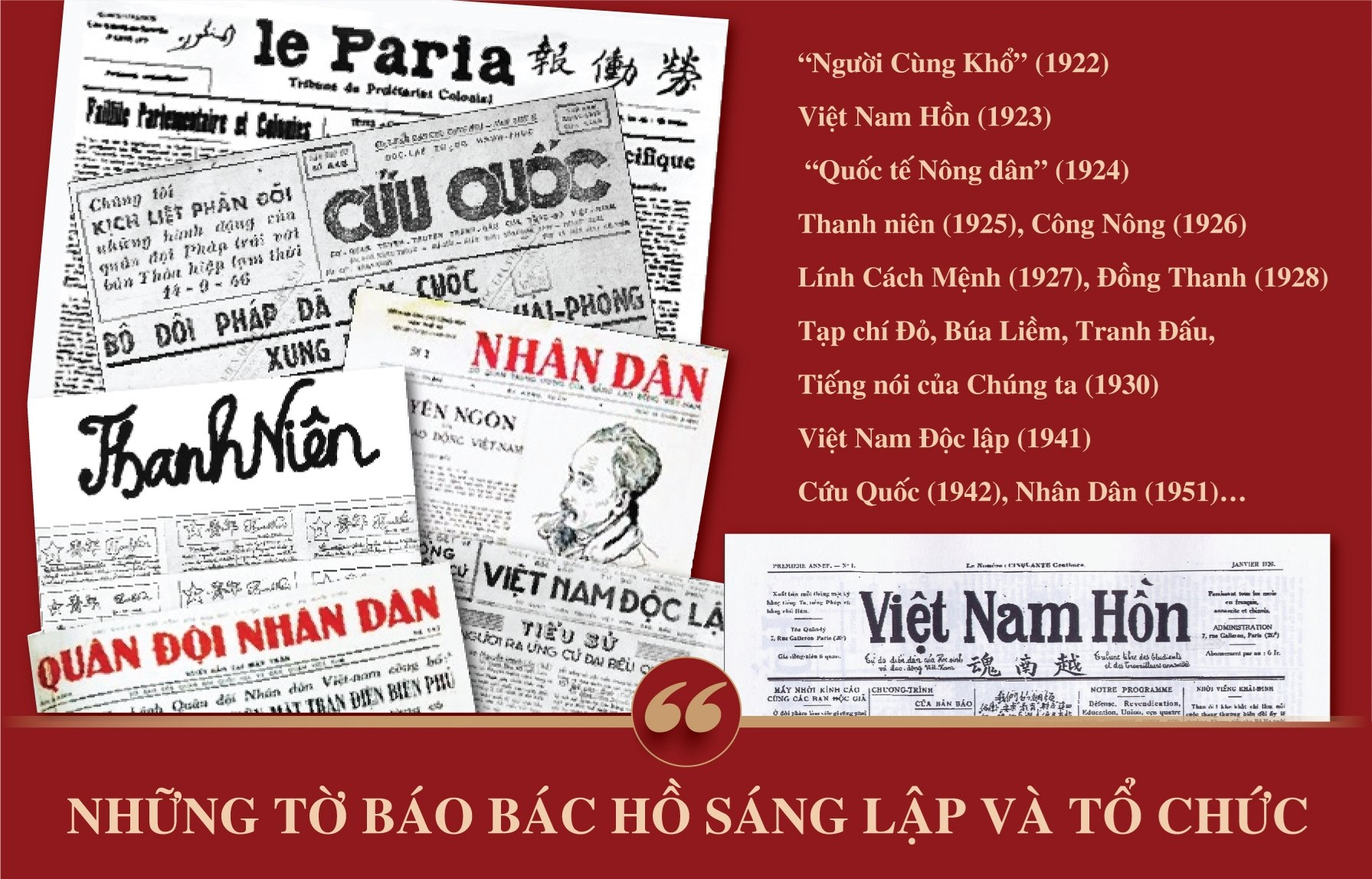

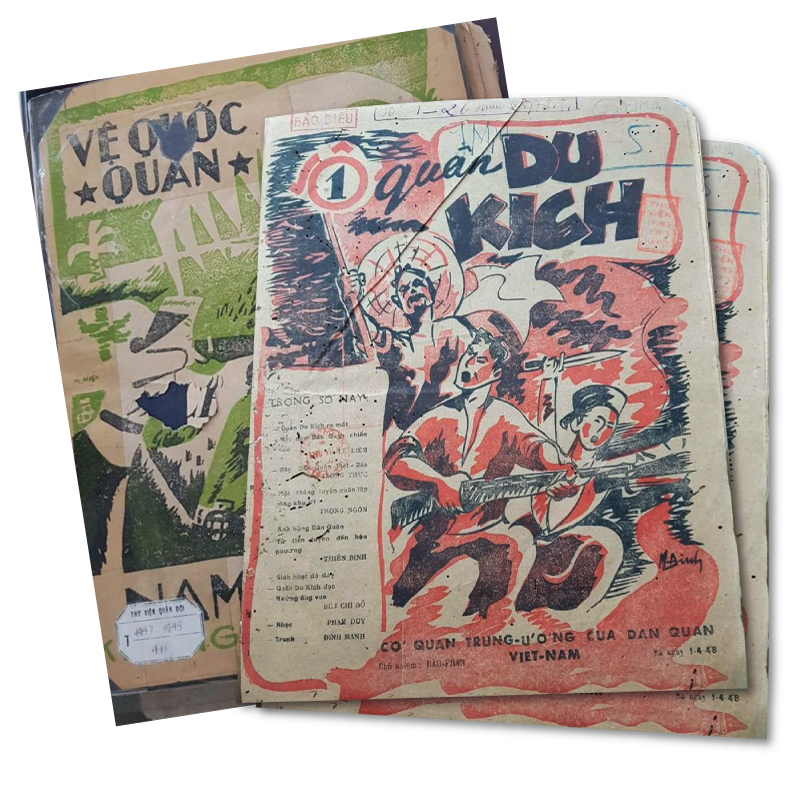






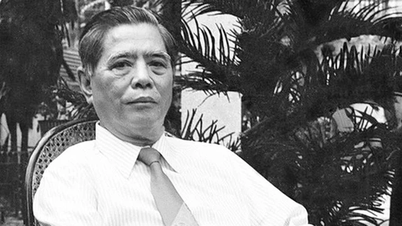



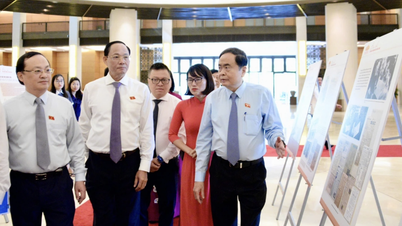




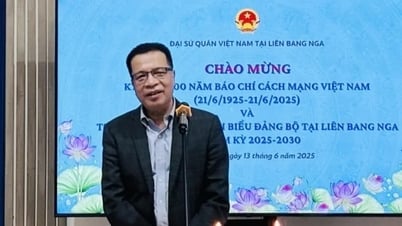



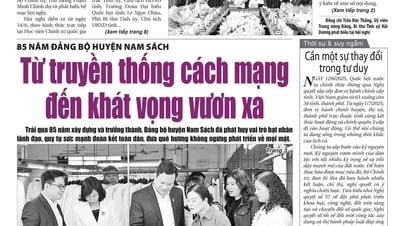

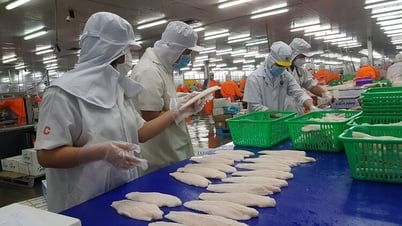
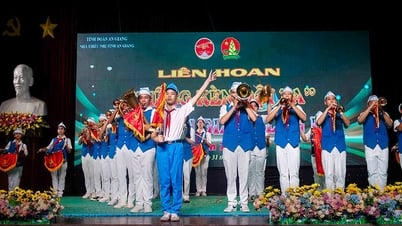
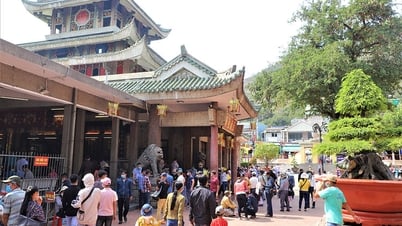
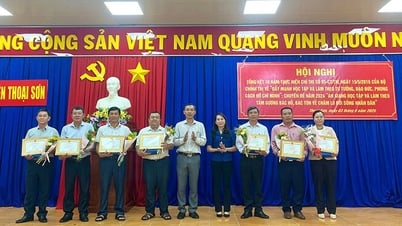






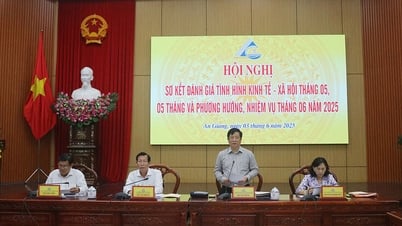
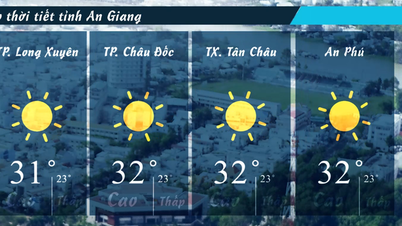

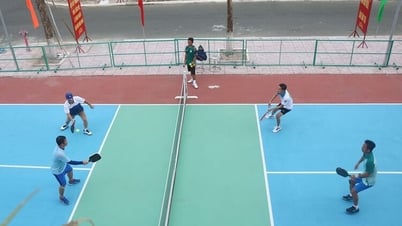

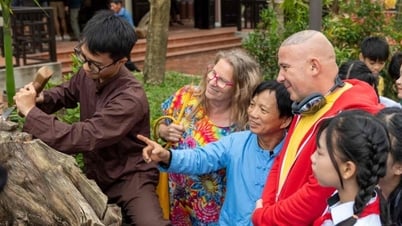




























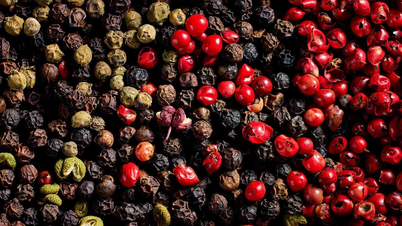
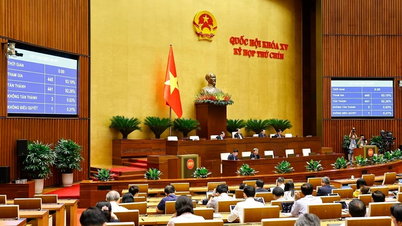






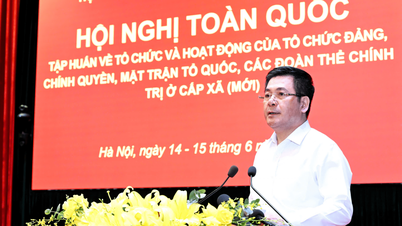


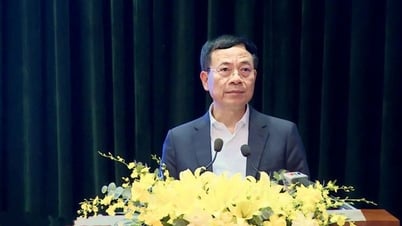






















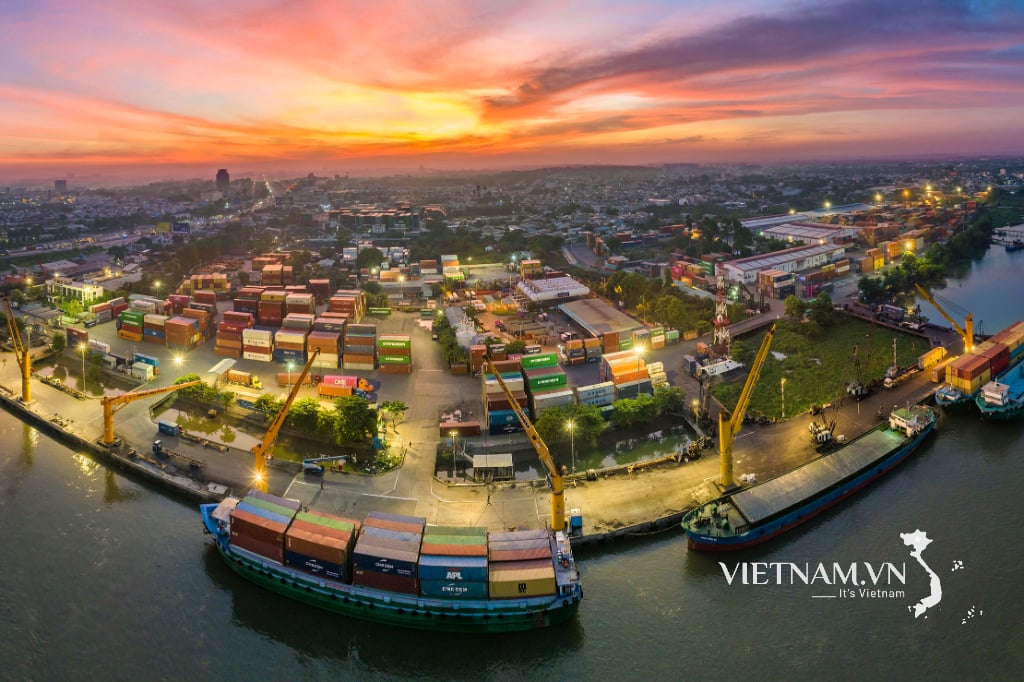
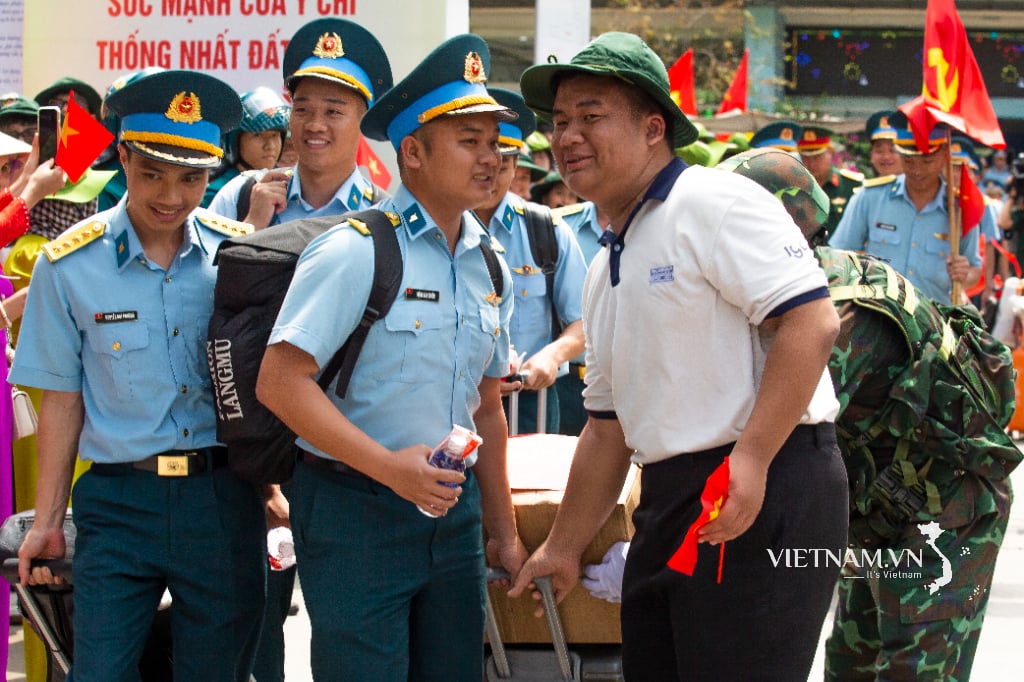
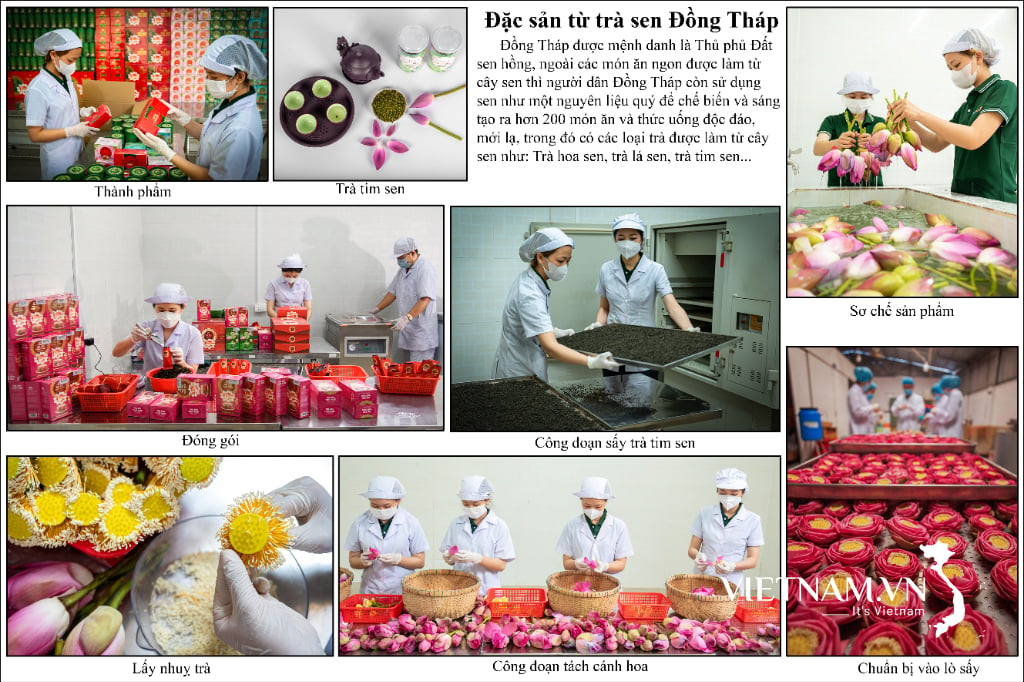
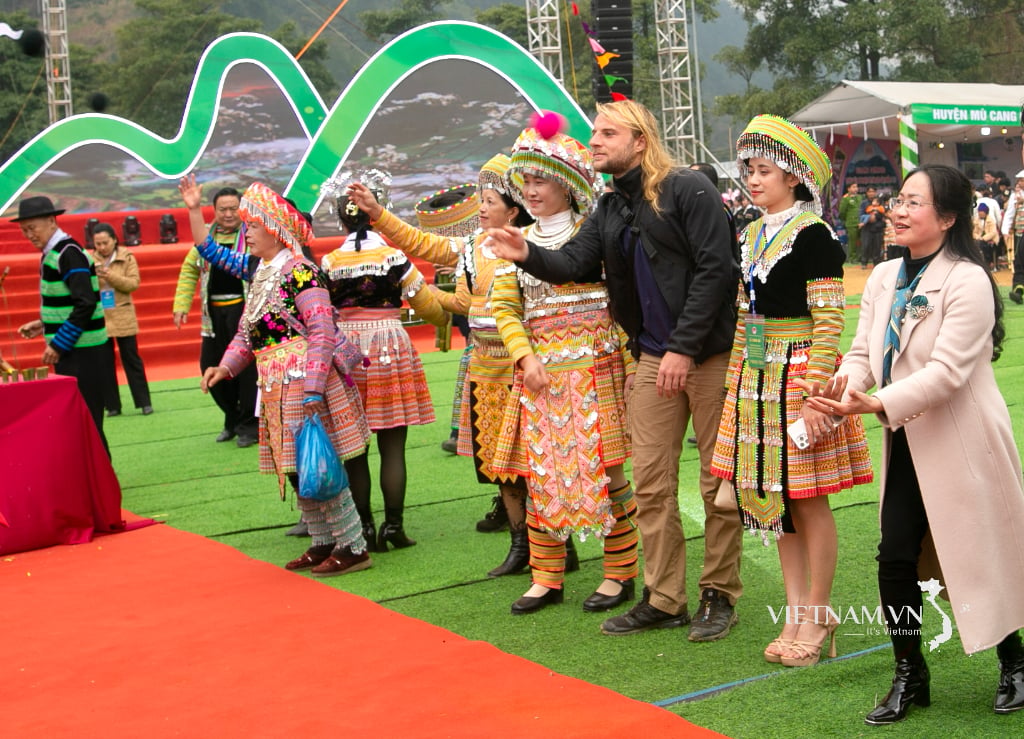
Comment (0)